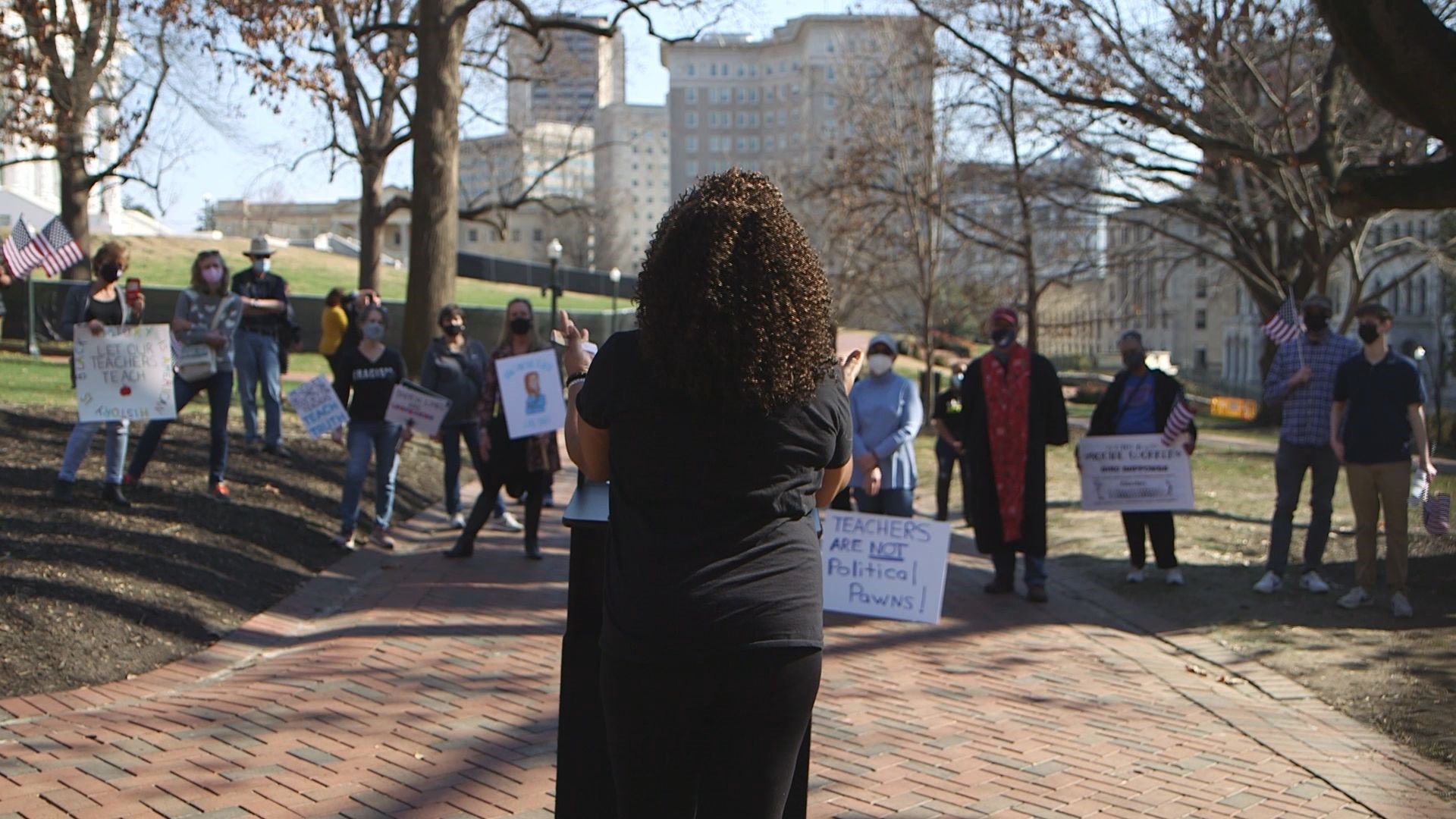RICHMOND, Va. — As Governor Glenn Youngkin speaks of a desire to include all history in the K-12 curriculum, his policies have some educators doubtful.
In fact, they see Black history as under attack.
On Youngkin's first day in office, he issued an executive order banning the use of "inherently divisive concepts, including critical race theory" in K-12 public education. He followed up the order with the creation of an email tip line for parents to report teachers who teach divisive concepts.
Local high school art teacher Antonia Saunders said she's already witnessed some of the fallout from these policies.
"I know that are a lot of teachers who are struggling and they are trying to figure out how they can teach the facts without losing their job," she said.
Although Saunders spoke to 13News Now with her principal’s approval, they both agreed not to mention the school where she works for fear of backlash.
In fact, 13News Now inquiries to three school divisions -- Norfolk, Hampton, and Newport News -- to speak about teaching Black history were denied.
During Black History Month, Saunders likes to center her lessons around the works of Black artists. This year, she felt it necessary to discuss with her administrators what would be safe and what might get flagged as being divisive.

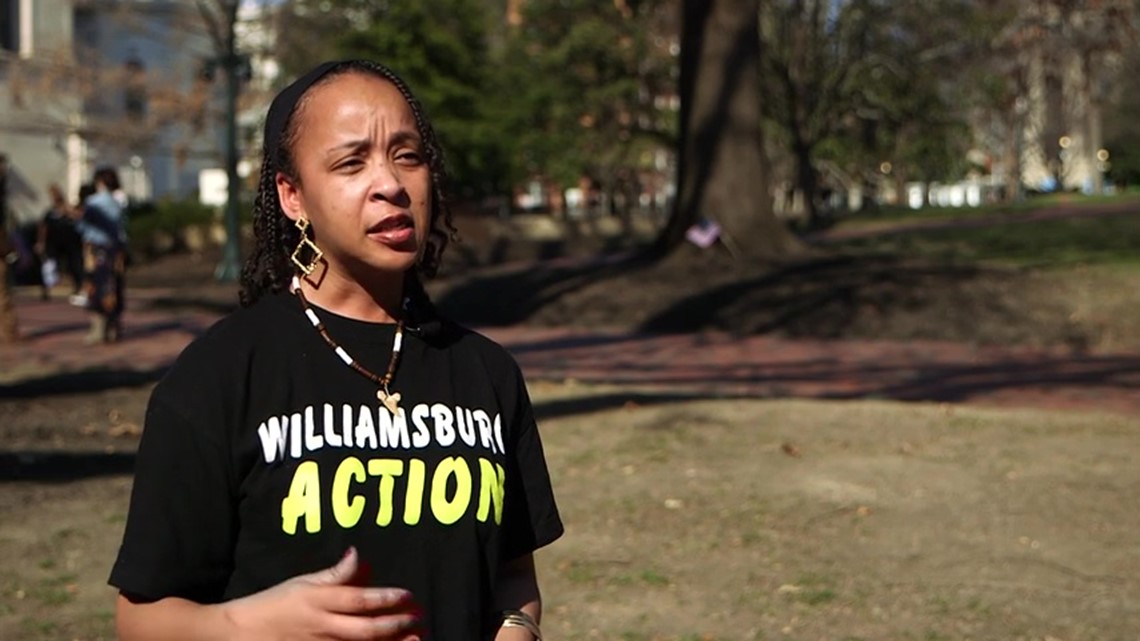
“What’s happened with Governor Youngkin and this tip line has really made it difficult. It has not constrained me so much that I don’t want to teach the truth, but it has made me think twice.”
Saunders, a member of Williamsburg Action, recently joined about 50 people in front of the state capitol in Richmond for a rally to protest the tip line.
Civil Rights lawyer Qasim Rashid was one of the speakers.
"If a 5-year-old child is old enough to experience racism, then all children are old enough to learn about the evils of racism and how to stop racism in our schools," he said.

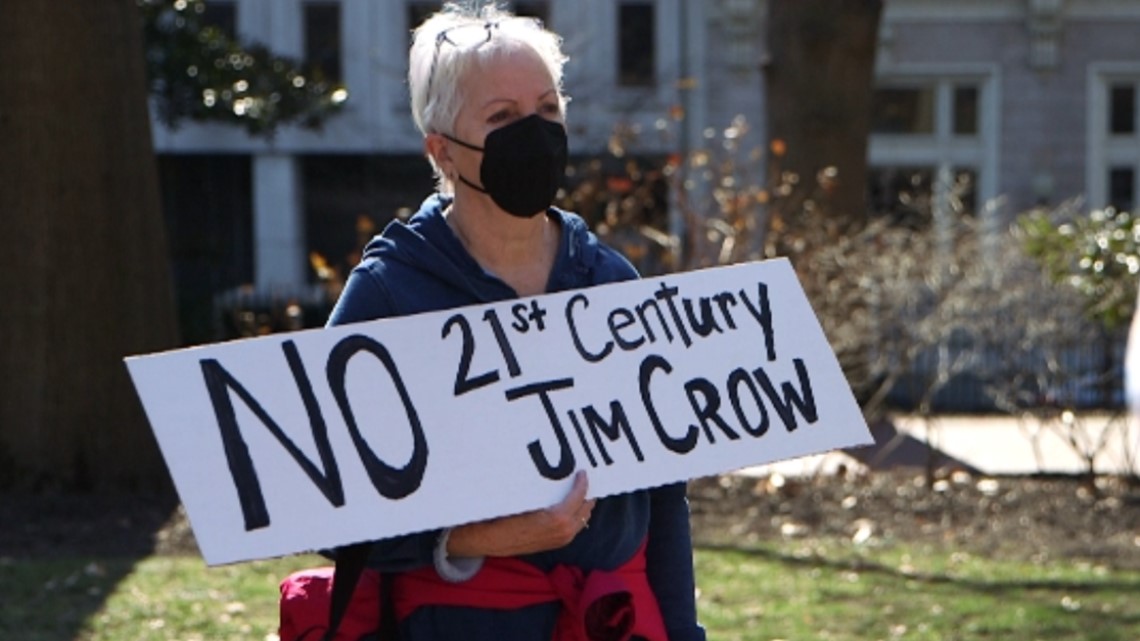
The political shift comes less than two years after the state’s Commission on African American History Education in the Commonwealth issued a report on how to improve the way African American history is taught in Virginia’s public schools.
The commission was born out of an executive directive by then-Governor Ralph Northam. He issued it following the commemoration of the 400th anniversary of the landing of the first enslaved Africans in 1619 at Point Comfort -- present-day Hampton -- at Fort Monroe.
Norfolk State University (NSU) Dean of the College of Liberal Arts, Dr. Cassandra Newby-Alexander, chaired a subcommittee on the commission and said the group suggested numerous technical edits to inaccurate statements found in the curriculum framework. All of the edits were approved by the state Board of Education.
"The difference is, the previous narratives were about justifying people’s actions because you had this foundation of these great White men and 'They did what they did for the good of our society,'" Newby-Alexander said.
On the teachings of the events centered around the Africans’ arrival in 1619, some of the original language said this:
Portuguese sailors captured African men and women from what is present-day Angola. The legal status of these early African men and women as either servants or enslaved persons once they arrived in Virginia is unknown.
Africans arrived in Virginia against their will in 1619.
The arrival of Africans made it possible to expand the tobacco economy.
The arrival of additional women in 1620 made it possible for more settlers to start families, which helped to establish Jamestown as a permanent colony in Virginia.
This was the commission’s recommendation:
Africans arrived in Virginia against their will in 1619.
The first Africans who were forcibly brought to Old Point Comfort were originally free people who were captured by Portuguese soldiers by hired mercenaries in an Angolian region of West Central Africa.
With the forced arrival of these Africans Virginia would create a system of people treated as property based on their skin color.
The Virginia Colony’s economy was greatly dependent upon temporary and permanent servitude. 90% of the Virginia population were in some form of servitude.
In these early years, Virginia would create a disparity between English colonists and Africans.
The arrival of additional English women in 1620 made it possible for more settlers to start families, which helped to establish Jamestown as a permanent colony in Virginia.
NSU Social Justice Professor, Dr. Colita Fairfax, believes magnified attacks by parents and politicians on Black history and the story of 1619 reflect willful neglect to deny students critical lessons in Black history.
Fairfax also co-chaired Hampton’s commemoration of the Africans' first landing and she is the editor of "The African Experience in Colonial Virginia: Essays on the 1619 Arrival and the Legacy of Slavery."
“When you don’t learn that all people contributed in important ways in the development of your country, when you only learn about certain groups of people who had the power to develop to contribute in ways that have been documented then, yes, you then grow up believing that this country is really only for certain groups of the people and then there are others," Fairfax said.

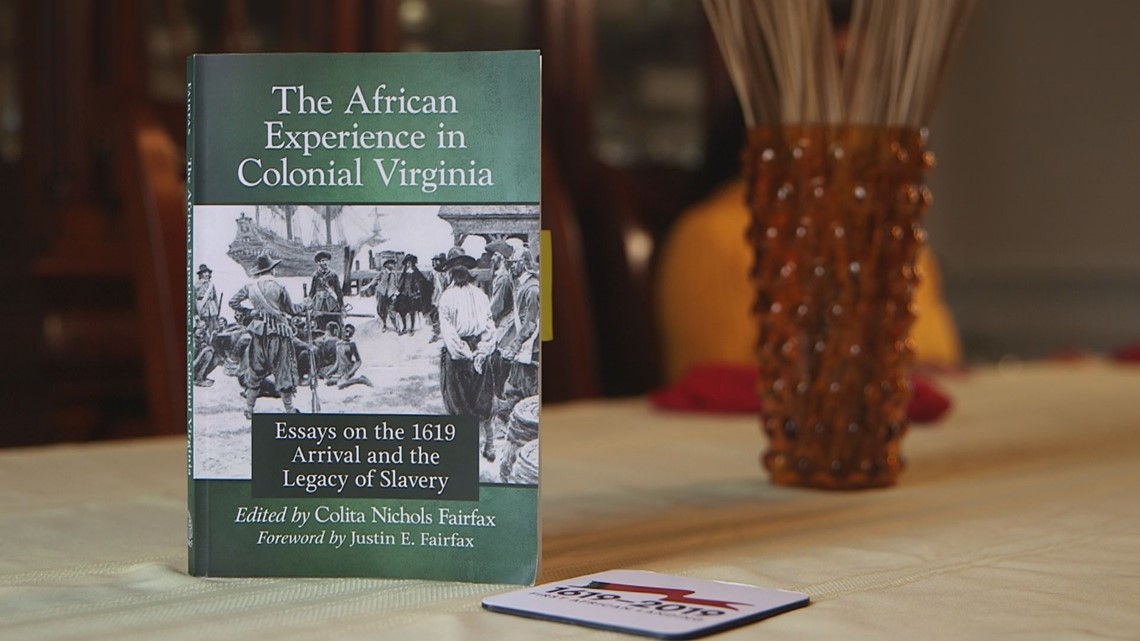
Youngkin did not grant 13News Now an interview about the teaching of Black History in schools but answered questions at a recent Virginia Beach appearance.
"We are reviewing our history curriculum and this is a chance for us to make sure we are fully embracing all of our history and I fully support that," Youngkin said.
When asked if he thought his tip line would cause educators to pull back on their Black history lessons, he said no. He defined “inherently divisive concepts” as teaching students that based on their race, sex, or religion, they are either viewed as superior or inferior to another human being.

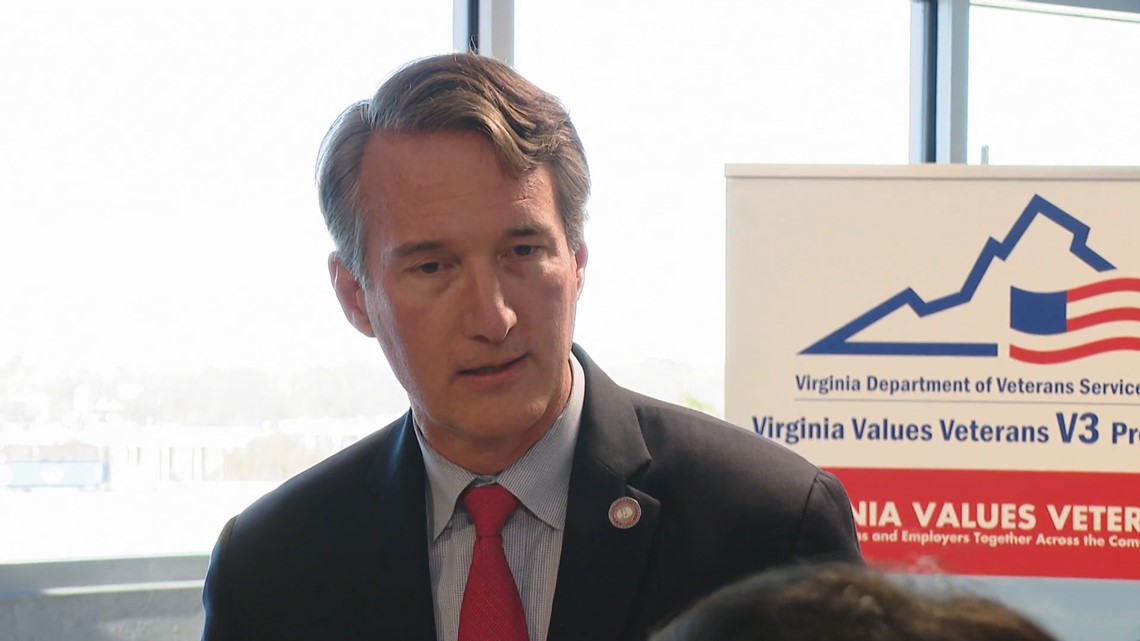
Youngkin’s Secretary of Education Aimee Guidera said the administration has become aware of several instances of schools promoting divisive concepts, such as "Privilege Bingo."
Privilege Bingo is an activity that includes bingo-like cards that seek to identify privilege with headings including “English speaker,” “heterosexual,” and “male.”
Guidera says the history standards will be revised and strengthened.
"We’re going to include all of our history and there’s so much of that history that’s not been told," she said.
On the state's Department of Education website, if you click the link to a copy of the Commission on African American History Education in Commonwealth's final report, the website shares a "Not Found" message.
In a follow-up email to the public information officer for Guidera, 13News Now asked for more examples of divisive concepts and whether the recommendations by the commission will continue to be implemented.
So far, there’s been no response.

